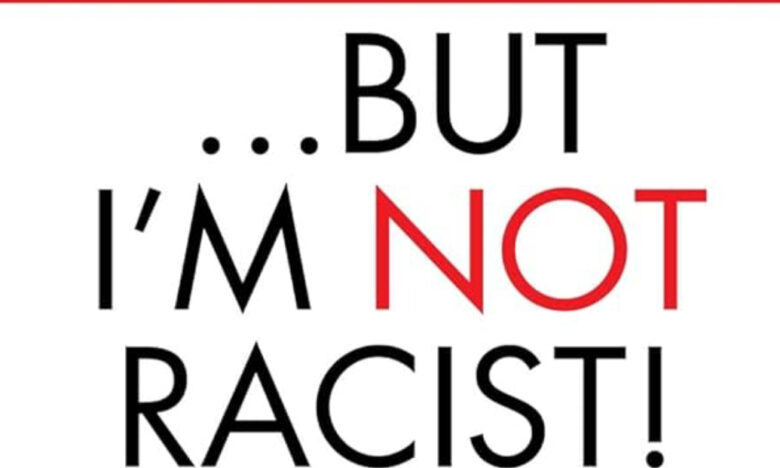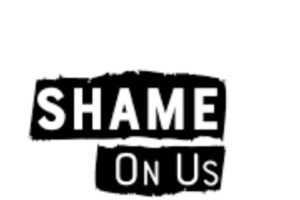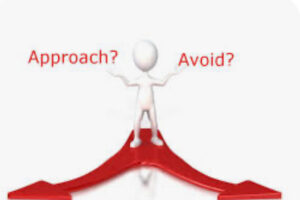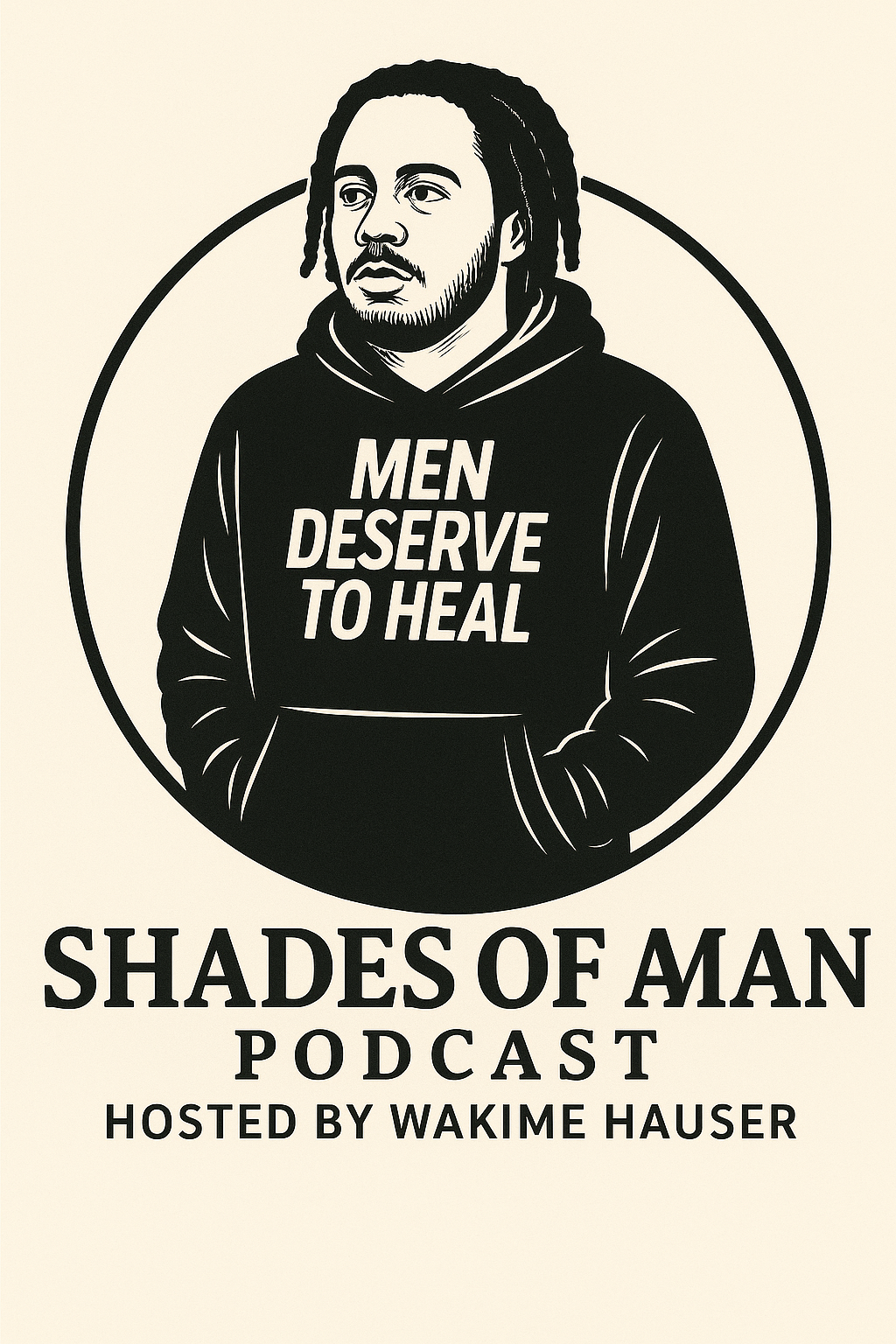Racist or Not?
What are what we learn!
When I moved to Greenwich, Connecticut, from the Bronx, New York, in the early to mid-80s, the world was vastly different. I listened to music on a record player and cassette deck, wrote letters to friends outside of my local calling area, and adhered to the belief that children should be seen and not heard, at least in my family’s eyes. I rarely interacted with people who were not Black or Hispanic, unless it was at school or in a store. Greenwich was unlike any other place I had been. Fortunately, I lived near one of the three projects in Greenwich, in a predominantly Italian neighborhood. Interestingly, I recently discovered that I have a significant amount of Italian ancestry in my DNA. I still remember the trepidation I felt on my first day exploring the neighborhood.
I started school in the fifth grade and immediately felt like an outcast. The cultural differences were challenging, and children can be cruel. I got into several fights within the first few months and shut down academically. The situation was further complicated by my parents’ separation during this transition. I was deemed not ready for fifth grade and was held back to the fourth grade. Talk about a punch in the gut! I completed fourth grade in a private school in Yonkers, only to repeat it again. Such an experience would be unthinkable today. In the long term, it worked out for me, but it was a nightmare during my formative years.
When I re-entered fourth grade, I felt alienated and feared that everyone disliked me, even the kids of color who are my friends to this day. I sat next to a boy who became my first best friend at school. We spent time together mostly at his house and at school. His parents were very protective and never allowed him to visit my house or the nearby project. Despite this, his family always treated me with respect. Over time, I heard rumors that my friend’s father was prejudiced and frequently used racial slurs, but I never witnessed this behavior myself, nor did I feel uncomfortable around his family.
As time passed, we drifted apart but remained friendly. I often wonder what he is up to today and have never asked him about his parents’ alleged prejudice. I reflect on whether this is a common theme now. In the 80s, many parents were raised to believe that white was superior to black, a notion legally challenged only reluctantly in the late 60s. I wonder if people still smile at me while harboring racist thoughts. Sometimes, those people might even look like me. Racism persists unless we have the courage and ability to engage in honest conversations. I have learned so much from talking to people who are vastly different from me, and I am committed to working toward a better world.
Reflecting on these experiences, I realize that the journey toward understanding and inclusivity is both personal and collective. The prejudices we encounter and the resilience we develop shape our character and our communities. It is through open dialogue and genuine connections that we can dismantle the barriers of ignorance and build a society rooted in respect and empathy. As I continue to navigate this journey, I remain hopeful and dedicated to fostering a world where diversity is celebrated and unity is achieved through mutual understanding.






